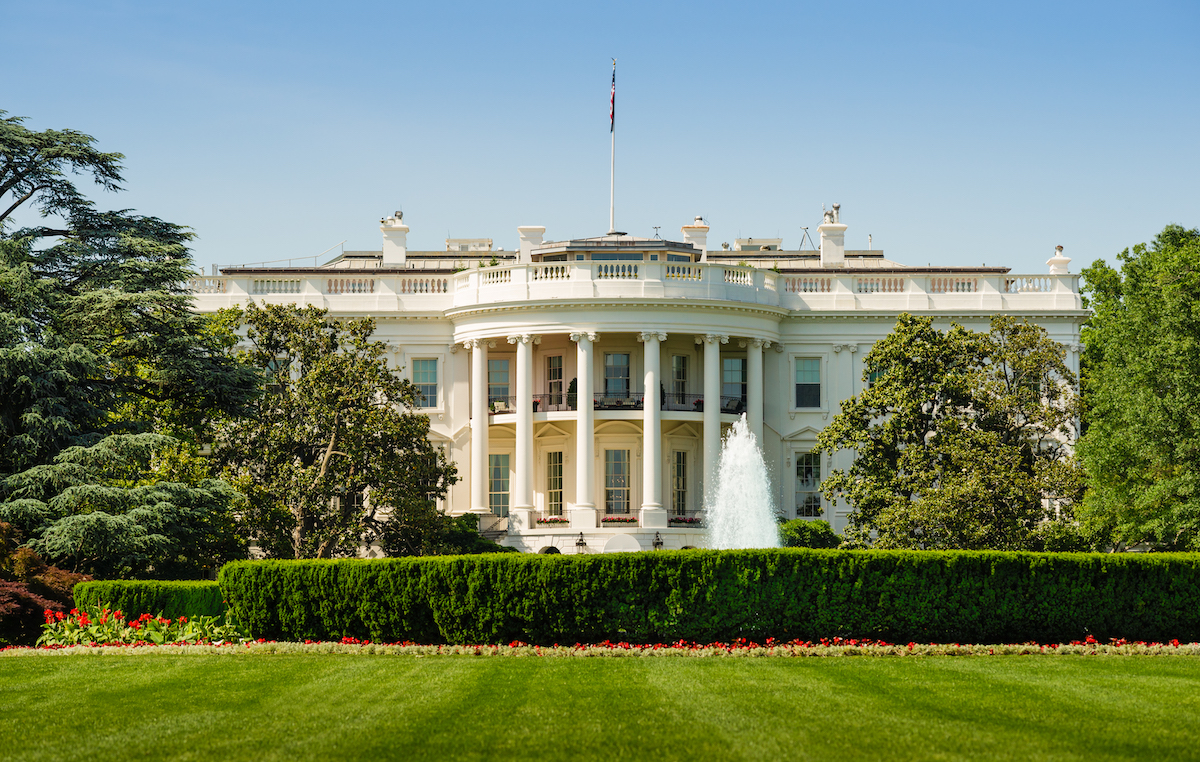WASHINGTON, D.C. — National League of Cities (NLC) CEO and Executive Director Clarence E. Anthony issued the following statement in reaction to President Joe Biden’s proposed Fiscal Year 2023 Budget.
“We’re pleased to see President Biden’s spending proposal aligns with the needs of cities, towns and villages as they work towards a long-term, post-pandemic economic recovery. Importantly, the president’s budget also prioritizes equity, using federal aid to produce more equitable outcomes than were present before the pandemic.
President Biden’s budget proposal wisely builds on the success of the Coronavirus Local Fiscal Recovery Funds program in the American Rescue Plan Act, which has been a lifeline for communities across the country and a game-changer for the way local governments and the federal government work together. Direct federal investments in cities and towns have been a major factor in ensuring the nation avoided a deep pandemic-related recession. The budget proposal clearly reflects growing confidence at the federal level that local governments will be a major factor in economic recovery.”
The proposed budget includes local government priorities:
- Supports Public Safety and Law Enforcement. The budget increases funding for gun violence prevention ($884 million), community violence intervention ($250 million), law enforcement officer training on responding to individuals with mental illness or disabilities ($10 million), Project Safe Neighborhoods ($40 million), juvenile justice programs ($760 million), and hiring additional law enforcement officers ($537 million).
- Increases Investments in Environmental Cleanup. The budget includes a significant increase for Brownfields funding, with a proposed total of nearly $131 million. The Brownfields program is one of the most useful programs at the local level that supports the revitalization and redevelopment of vacant and abandoned properties that blight communities across the country.
- Strengthens Water Infrastructure. The budget provides level funding for the Clean Water and Drinking Water State Revolving Funds ($1.638 billion and $1.126 billion respectively) and an increase in funding for the WIFIA program ($72 million). The budget proposal also includes funding for water infrastructure grant programs, such as sewer overflows and stormwater management, water infrastructure workforce development, and removing lead from drinking water.
- Addresses Climate Change and Strengthens Community Resilience. The budget proposal includes funding across every federal agency to advance clean energy and reduce greenhouse gas emissions across sectors, invest in pre-disaster mitigation to strengthen infrastructure and reduce risk to extreme weather events, and advance environmental justice within the communities most impacted from the effects of climate change.
- Supports Local Transportation Projects. The budget requests $110.7 million for the new Thriving Communities program for technical assistance and capacity building for local infrastructure projects, $1.5 billion for the popular Rebuilding American Infrastructure with Sustainability and Equity (RAISE) discretionary grants and the new National Infrastructure Project Assistance (Mega) Grant program, along with $400 million for the Charging and Fueling Infrastructure Grants Program to further increase electric vehicle charging access in rural and underserved communities.
- Increases Affordable Housing Supply. The budget proposes $50 billion for housing construction and supply to address existing market gaps and stabilize housing prices in the long-term.
- Increases Funding for Cybersecurity and Broadband. The budget builds on the Bipartisan Infrastructure Law by including increased investments for rural broadband. It also increases funding for cybersecurity policy through the FBI, National Institute for Standards and Technology and National Telecommunications and Information Administration within the Department of Commerce, and the Office of the National Cyber Director.
- Invests in Workforce and Postsecondary Education. The budget reflects the national need for investments in workers to address the broad workforce shortages across the country. With an 11% proposed increase to the Department of Labor, it would increase investments in Registered Apprenticeship opportunities while increasing access for historically underrepresented groups, including people of color and women, and diversifying the industry sectors involved, increase investments in community college postsecondary workforce programs, create a new National Youth Employment program and invest $20 million for the Civilian Climate Corps. The budget also provides an increase of $20 million for Career and Technical Education (CTE) State grants through the Department of Education.
- Protects Elections and the Right to Vote. The budget proposes $10 billion in new elections assistance funding to be allocated over ten years.
###
The National League of Cities (NLC) is the voice of America’s cities, towns and villages, representing more than 200 million people. NLC works to strengthen local leadership, influence federal policy and drive innovative solutions. Stay connected with NLC on Facebook, Twitter, LinkedIn and Instagram.
